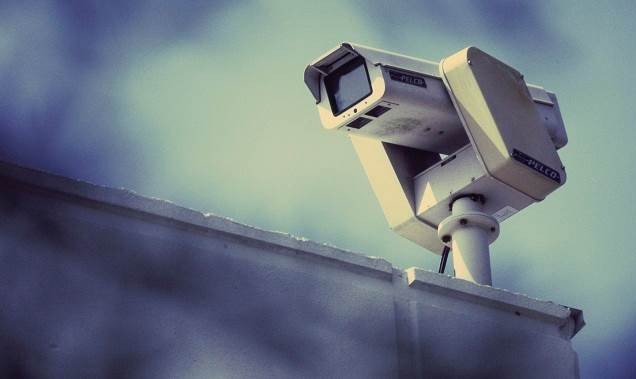- Black Country MP David Winnick is just one of two Labour MPs across the country to vote against the controversial Investigatory Powers Act
- Despite its argument for staying ahead of the terrorist threat, Winnick defends human rights claiming that “this is snooping on a massive scale”
- Research shows that three quarters of the UK public had no idea the Investigatory Powers Act had been passed
- Corporate fraud solicitors Rahman Ravelli has published a guide on the Act and the current state of UK surveillance
Only one Labour MP in the Midlands has opposed the controversial Investigatory Powers Act, otherwise referred to as the ‘Snooper’s Charter’.
MP David Winnick went against the ruling Labour decision to speak against the legislation, joining one other Labour MP. His justification for the decision was that it goes against the public’s right to privacy.
It is not only in the House of Commons where there has been a significant lack of opposition to the new legislation. Research conducted by serious crime solicitors, Rahman Ravelli, discovered that an astonishing 76% of people in the UK were unaware of the recent changes made to surveillance laws.
However with areas in the Midlands described as a particular hotspot for terrorist crime, authorities have argued for the legitimacy of something like the Investigatory Powers Act to root out attacks before they begin.
According to Aziz Rahman, Senior Partner at Rahman Ravelli, the pros and cons need to be thoroughly evaluated:
“While it is understandable that the authorities need to be seeking new ways to stay ahead of the terrorist threat, the human rights implications must be considered.
“Processes are needed to ensure that, should material from a communications company be obtained, it is used within the bounds of reasonable law.
“The lines are becoming increasingly blurred, and it comes as little surprise that people are concerned for their online safety and personal data.”


















